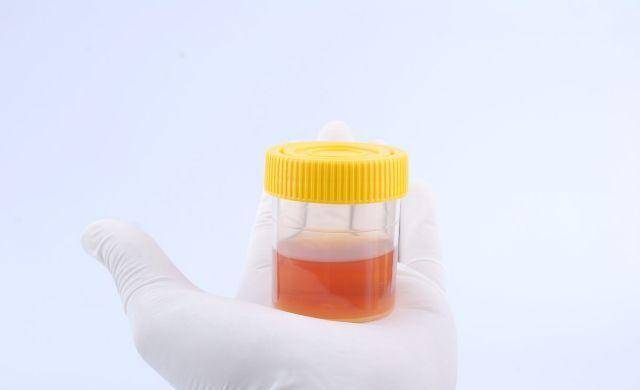Urination is something that needs to be done every day. After sufficient water intake and metabolism, waste generated through circulation will be excreted through urination. Therefore, it is normal to urinate four to six times during the day.
Of course, those who drink a lot of water will urinate more frequently. In addition, the condition of urination can provide insights into the level of one’s health. Some women have noticeably yellow urine, what could be the reason for this? Let’s delve into this in detail below.
1. Medication Influence
Under normal circumstances, the excreted urine should not be noticeably yellow but rather clear and transparent. If urine shows characteristics of being yellow, it might be due to medication influence.
After encountering health issues requiring medication, it is important to take the medications as prescribed in terms of dosage and administration. Following the doctor’s guidance on medication usage is crucial.
If one notices a change in the color of urine during the medication period, especially if the medication itself is yellow, it is highly likely that the excess medication mixed with urine during metabolism and excretion, leading to the change in color. In such cases, no specific treatment is required, and improvement should occur after medication cessation.
2. Dietary Factors
If women notice that their urination is noticeably yellow, it may be attributed to dietary factors. The three meals consumed provide the necessary nutrients for the body. Metabolic waste generated post digestion is excreted, primarily through defecation and urination. Therefore, caution should be exercised in food selection, opting for nutritious foods that the body can efficiently absorb and utilize to fulfill its requirements.
Some individuals prefer consuming foods rich in vitamins, which might also lead to yellowish urine post-digestion. Generally, by adjusting one’s diet and ensuring a balanced intake of various food groups, this condition can improve.
3. Inadequate Water Intake
If the urine appears darker and noticeably yellow, it could signify insufficient water intake. Water is essential for life, as the body requires an adequate amount daily to maintain normal metabolism.
If one continues to be dehydrated, sweating excessively, and only replenishing fluids when thirsty, the body is already dehydrated, resulting in a slower metabolism and decreased urine production. As a result, urine becomes concentrated, leading to a darker color. Inadequate water intake is harmful to the body; therefore, timely water replenishment can help alleviate this condition.
4. Holding Urine Frequently
If a woman’s urine is noticeably yellow, she should identify the cause based on her habits, as some individuals experience this due to frequently holding urine. It is essential to use the restroom as soon as the urge arises to eliminate accumulated harmful substances.
However, some individuals have habitual tendencies to hold urine, or due to work-related constraints, lack the time to use the restroom. Enduring such situations not only increases bladder pressure but also affects the health of the urinary tract and kidneys. Prolonged holding of urine can lead to difficulty in subsequent urination, and the prolonged accumulation of urine can result in concentration increase and subsequent color change. For the sake of health, such habits of holding urine should be corrected at the earliest opportunity. #HealthDailyTips#


